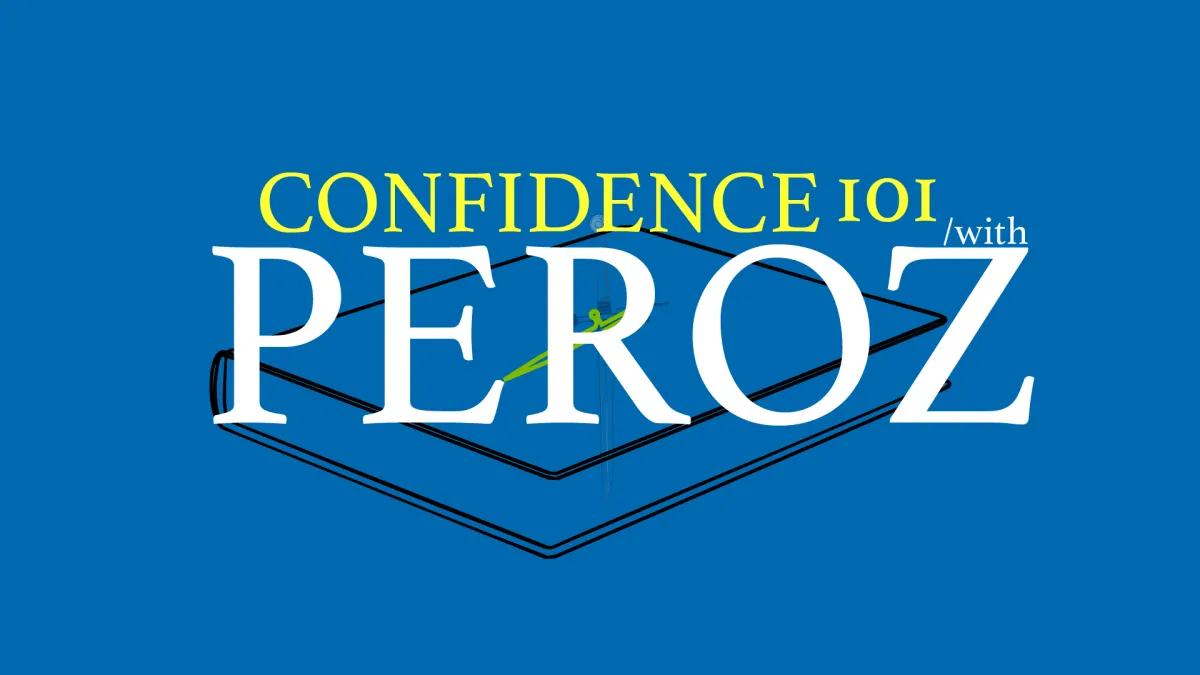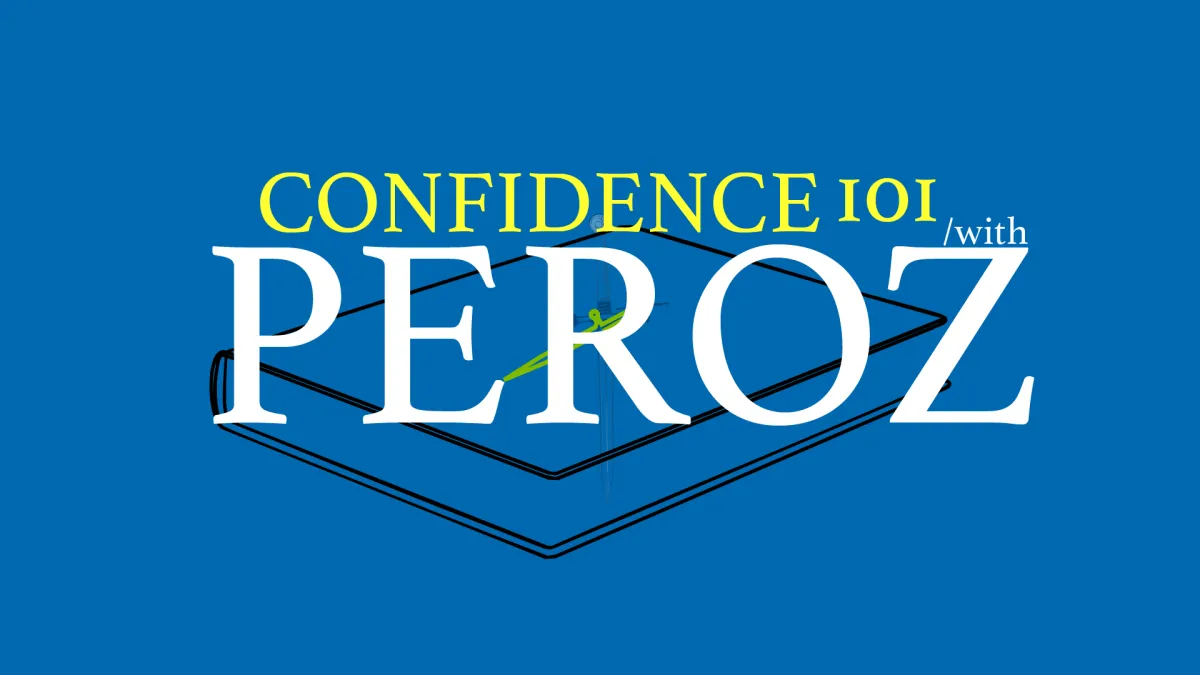My name is Peroz, pronounced like “Pay-Rose".
I’ve struggled with social anxiety for as long as I can remember. My first real encounter with it happened when I was 10 or 11. A few guests came to our house, and my anxiety was so overwhelming that I hid inside a cabinet the entire day just to avoid being around people. The discomfort of being cramped in that small space for hours was nothing compared to the fear of being judged. At the time, I didn’t even know what social anxiety was—I just knew that being around people felt unbearable.
As I grew older, this struggle followed me everywhere, even in friendships. In my late teens, I decided to go to therapy and continued until my mid-20s. I was diagnosed with OCD, anxiety, and depression and was prescribed SSRI medication for three years. None of it truly helped. The diagnosis didn’t feel entirely accurate, and after years of trying, I told myself, I’ve done my part. I’ve gone to therapy. Maybe this is just how life is for me. I was ready to give up. I bought a rope and planned to end it.
But that night, I saw my niece. She was only 8 or 9 at the time. Seeing her, something in me shifted. I couldn’t do it. Instead, I made a decision—I was going to find real answers.
And I did.
The truth is, the answers weren’t as complicated as I had once thought. The world makes it seem so, but in reality, overcoming social anxiety is possible. Today, I can proudly say I no longer live with crippling anxiety or suicidal thoughts. Instead, I feel alive , driven , and confident.
I owe deep gratitude to the coaches, teachers, and authors who truly did their homework and helped me along this journey—Aziz Gazipura, Ellen Hendriksen, Dr. Robert Glover, Jon Kabat-Zinn, and many others. Without them, I wouldn’t have been able to break free.
If you’re reading this and you’re struggling—if you’re feeling hopeless—I want you to know this with all my heart: The solutions are out there, and they’re simpler than you think.
Don’t give up. You are not less than anyone. Your struggles are human and completely solvable. You have more power than you can even imagine. Not only can you overcome social anxiety, but you can go far beyond it.
Wishing you all the best,
With love,
Peroz
Testimonials
Before working with Peroz, I struggled with even the simplest social situations—I’d avoid eye contact, feel anxious in public, and overthink every interaction. Going to the store or starting a conversation felt overwhelming. Peroz helped me break through that fear step by step. Now, I walk into places with ease, make casual conversation without overthinking, and actually enjoy being around people. The difference is night and day
John
Before working with Peroz, I felt nervous just stepping into a store or being around people. I’d avoid conversations, keep my head down, and second-guess everything I said. Peroz gave me the tools to build real confidence, and now I move through public spaces with ease. I can start conversations naturally, feel relaxed in social settings, and no longer let fear hold me back. It’s been a life-changing experience!
Lili
I used to feel tense and awkward in public—going to the store, making small talk, or even just being around people made me uncomfortable. Working with Peroz changed that. He helped me develop real confidence, step out of my comfort zone, and handle social situations with ease. Now, I walk into any place feeling relaxed, start conversations naturally, and actually enjoy interacting with others. I never thought this kind of confidence was possible for me!
Light
FAQS
How long does it take to become socially confident?
I’d answer that with a question—how long does it take to learn anything? It varies for everyone. For me, it took years because I had to search for the right tools and practices. If you have the right guidance, you can learn the basics in about 12 weeks, while true mastery can take 1-2 years. The key is commitment—being willing to test, practice, and even fail along the way.
I have never felt socially confident. Is it possible for me to get better?
Absolutely—100%. Social confidence is a skill, and like any skill, it can be learned through practice, trial, and error. No matter your age or how long you've struggled, you can improve with the right mindset and consistent effort.
I've been working on social anxiety for years, but I don't see any major progress.
It's likely that something is blocking your progress. It could be that the tools you're using aren't effective, there are deeper internal resistances, or consistency has been an issue. Identifying and addressing these obstacles can help you break through and start seeing real change.
I feel great at some social occasions, but other times I experience intense anxiety. What’s going on?
This is actually a great sign—it means you're capable of feeling socially at ease in some situations. Social anxiety often stems from unhelpful beliefs or habits. When anxiety shows up, it could be due to mental blocks or less effective patterns that still need to be addressed. The key is to identify what’s working and apply those strengths to the moments that feel more challenging.
Can I just get rid of my social anxiety now? I'm sick of it.
I hear you—social anxiety can be painful and frustrating, especially when it holds you back from enjoying yourself, expressing who you are, and leaves you feeling horrible afterward. I’ve been there too, and I know how exhausting it can be. But I promise you, with the right tools and consistency, you will see progress. Be kind to yourself, take a breath, and keep going. You’ve got this.
How can I become socially confident for good?
As the saying goes, "Complexity is the enemy of execution, and therefore, the enemy of growth." The key to lasting social confidence is simple: consistently do the things your mind tells you that you can't—over and over again, step by step. Gradual exposure to discomfort rewires your brain, turning fear into ease.
Get In Touch

